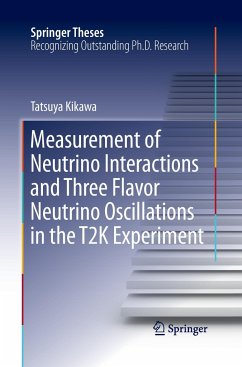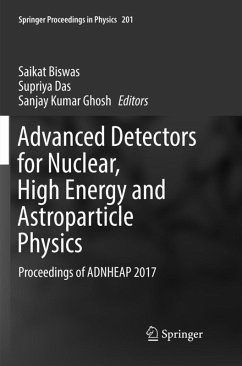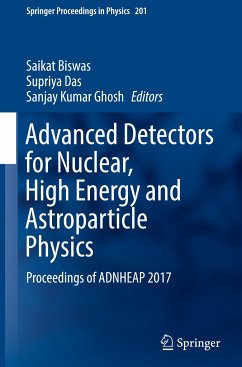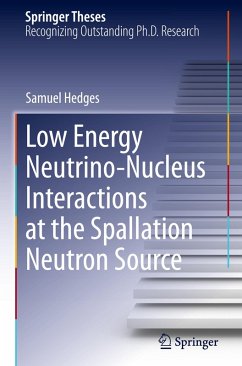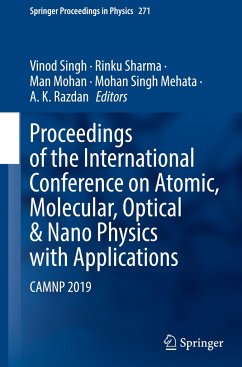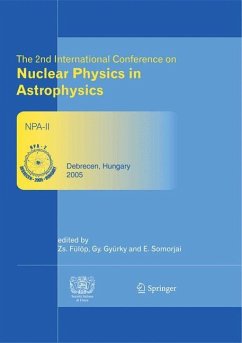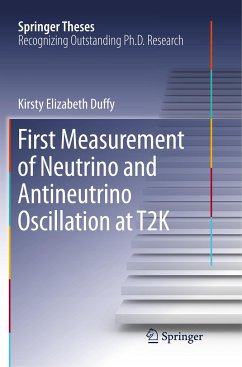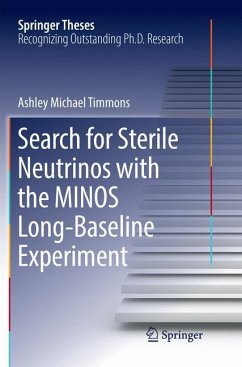
Proceedings of the International Conference on Future Prospects in Neutrino and Astroparticle Physics
ICFPNAP 2024; 23-24 January; Assam; India
Herausgegeben: Valle, José W. F.; Choubey, Sandhya; Borah, Debasish; Srivastava, Rahul; Dutta, Debajyoti

PAYBACK Punkte
76 °P sammeln!
This book presents peer-reviewed articles from the International Conference on Future Prospects in Neutrino and Astroparticle Physics (ICFPNAP 2024), held on Jan 23-24 at Assam Don Bosco University, Assam, India. It highlights recent breakthroughs in neutrino and astroparticle physics as well as its future prospects. Neutrino physics is currently one of the most fascinating fields of study, and it is expected that future generations of long and short-baseline neutrino experiments will be able to resolve many important issues such as CP violation, neutrino mass hierarchy, octant degeneracy, the...
This book presents peer-reviewed articles from the International Conference on Future Prospects in Neutrino and Astroparticle Physics (ICFPNAP 2024), held on Jan 23-24 at Assam Don Bosco University, Assam, India. It highlights recent breakthroughs in neutrino and astroparticle physics as well as its future prospects. Neutrino physics is currently one of the most fascinating fields of study, and it is expected that future generations of long and short-baseline neutrino experiments will be able to resolve many important issues such as CP violation, neutrino mass hierarchy, octant degeneracy, the existence of sterile neutrinos, and so on. The discovery of neutrino oscillations has already shown that neutrinos are massive and that we must look beyond the Standard Model (BSM). Many well-motivated BSM frameworks exist to explain the nonzero but tiny neutrino mass, such as the seesaw mechanism, which involves the addition of heavy fermions in the theory. The detection of a lepton number violating process in neutrinoless double beta decay experiments could be a probe for Majorana neutrinos, as anticipated by the seesaw mechanism. This book emphasizes neutrino physics in general, as well as its connections to dark matter, astrophysics, and cosmology.



